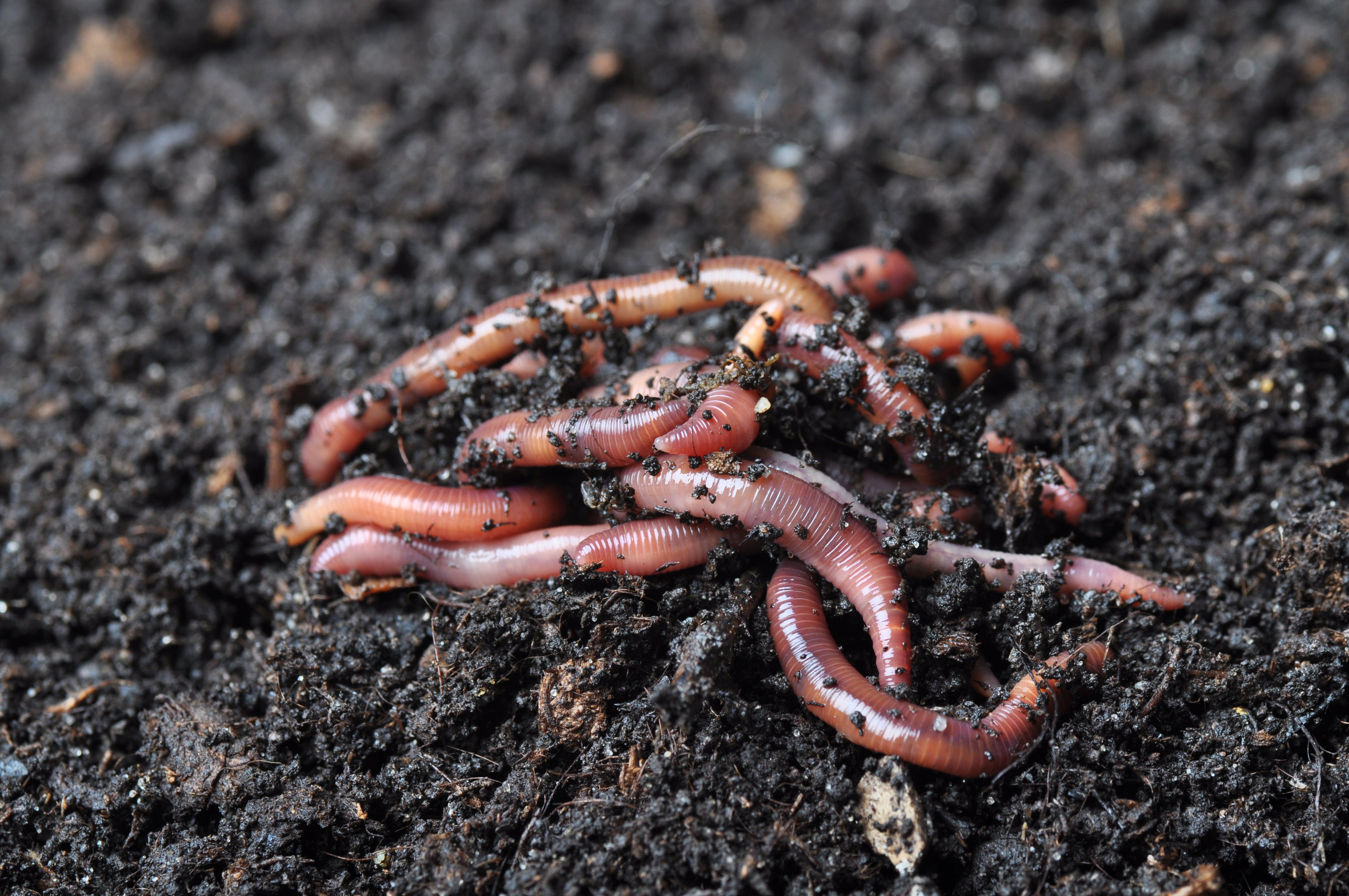Making Best Use Of the Perks of Red Wiggler Worms: A Comprehensive Handbook for Home Gardeners and Urban Farmers
In the realm of lasting horticulture methods, red wiggler worms stand as unhonored heroes, silently changing organic waste right into nutrient-rich castings that can work wonders for soil health and wellness. By discovering the details of exactly how to efficiently care for and make the most of the benefits of red wiggler worms, individuals can open a riches of opportunities for boosting the sustainability and performance of their horticulture undertakings.
Understanding Red Wiggler Worms
Red Wiggler worms, renowned for their reliable composting abilities, are a species of earthworms widely made use of in vermiculture methods. These worms, medically recognized as Eisenia fetida, thrive in rotting organic material, making them perfect prospects for composting.
One secret feature of Red Wiggler worms is their reproductive price. These hermaphroditic animals possess both female and male reproductive body organs, enabling them to duplicate rapidly under favorable conditions. A fully grown Red Wiggler can generate several offspring in a brief duration, making certain a stable populace within a composting system.

Establishing a Worm Bin
When developing a worm bin for vermiculture objectives, proper prep work and focus to detail are essential for developing a favorable setting for Red Wiggler worms. Begin by selecting an appropriate container for your worm container.

Place the worm bin in a great, dark location away from straight sunlight and severe temperatures. Regularly monitor the dampness levels, including water if the bedding feels half-cracked or dry. Feed the worms a balanced diet regimen of fruit and vegetable scraps, avoiding citrus fruits, onions, and spicy foods. By adhering to these actions, you can set up a prospering worm container that will effectively process natural waste into nutrient-rich vermicompost for your garden.
Feeding and Preserving Worms
Guaranteeing a balanced and nourishing diet is crucial for the wellness and efficiency of Red Wiggler worms in a vermiculture system. Red Wigglers are ravenous eaters, with the ability of eating their very own body weight in raw material daily. To maintain a growing worm population, it is necessary to supply them with a variety of food scraps such as vegetables and fruit peels, coffee premises, tea bags, and smashed eggshells. It is vital to stay clear of feeding them citrus fruits, onions, garlic, dairy products, meat, and oily foods as these webpage can be unsafe to the worms or cause undesirable smells in the bin.
Appropriate dampness levels are also crucial for the wellness of Red Wiggler worms. By carefully checking their diet plan, dampness, and ecological problems, home gardeners and city farmers can maintain a healthy and balanced and effective Red Wiggler worm populace for composting purposes.
Collecting Worm Spreadings
To efficiently extract nutrient-rich worm castings from the vermicompost, a methodical harvesting procedure is crucial for optimizing the composting advantages. Red Wiggler Worms. The primary step in gathering worm castings is to encourage the worms to move to one side of the container. This can be achieved by positioning fresh food scraps on one side and leaving the opposite side uninterrupted for a few days. As soon as most of worms have dodged with fresh food, the castings can be gathered from the opposite side.
After the castings have been gathered, it is necessary to divide any type of remaining worms from the castings to avoid harming them during storage or application. One efficient approach is to develop cone-shaped heaps of castings under bright light. Worms will intuitively relocate far from the light, permitting very easy splitting up and removal.
Finally, the gathered worm castings ought to be kept in a great, dark, and completely dry place to maintain their quality and effectiveness as a nutrient-rich soil change. By adhering to these steps, home gardeners and city farmers can optimize the advantages of red wiggler worms in their vermicomposting systems.
Using Worm Castings in Horticulture
The incorporation of nutrient-rich worm castings into yard dirt can significantly enhance plant growth and total dirt wellness. Worm castings, also known as vermicast, are an all-natural plant food produced by red wiggler worms as they damage down raw material. These spreadings are abundant in important nutrients like nitrogen, phosphorus, potassium, and beneficial microbes that advertise plant development and enhance dirt framework.
When making use of worm spreadings in gardening, it is essential to blend them completely into the soil or utilize them as a top dressing around plants. The slow-release nature of worm spreadings makes sure read a consistent supply of nutrients to plants in time, minimizing the risk of nutrient leaching and advertising long-lasting dirt fertility. Furthermore, worm castings help boost soil oygenation, water retention, and microbial activity, producing a healthy and balanced environment for plant origins to grow.

Conclusion
In conclusion, the usage of red wiggler worms in home gardening and metropolitan farming can substantially benefit dirt health and plant development. By comprehending exactly how to establish up and maintain a worm bin, feed the worms appropriately, and harvest their nutrient-rich spreadings, gardeners can make the most of the benefits of these earthworms.
In the realm of sustainable horticulture methods, red wiggler worms stand as unhonored heroes, quietly transforming organic waste right into nutrient-rich castings that can function wonders for dirt health.When establishing a worm container for vermiculture objectives, correct prep work and focus to information visit homepage are crucial for producing a conducive atmosphere for Red Wiggler worms. The very first action in harvesting worm castings is to encourage the worms to move to one side of the bin. Worm spreadings, likewise recognized as vermicast, are an all-natural fertilizer created by red wiggler worms as they break down organic issue. By understanding just how to establish up and preserve a worm bin, feed the worms correctly, and gather their nutrient-rich castings, garden enthusiasts can take full advantage of the benefits of these earthworms.